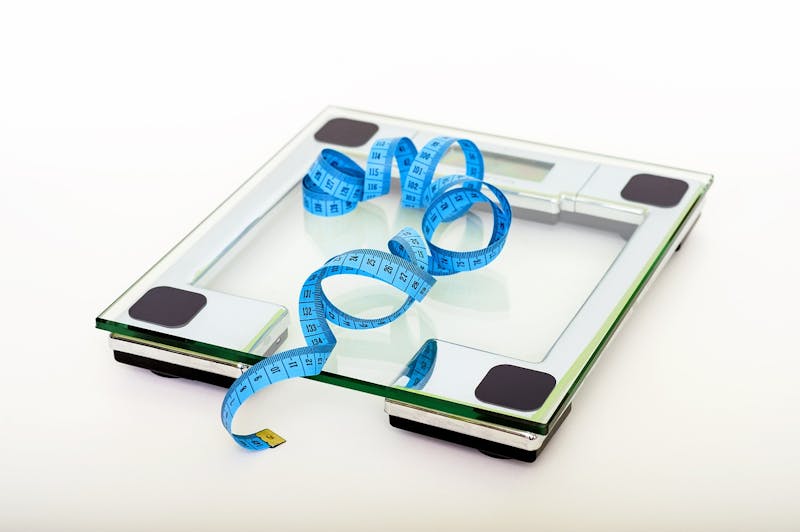
At some point in your weight loss journey, someone might have told you “don’t bother weighing yourself, just judge your progress by how your clothes fit/feel”. You probably ran with that advice because if you’re like many others, the scale always felt like a source of unnecessary torture. While there’s no doubt that this advice comes from a good place, it may not be the best recommendation if you want to be successful with your weight loss goals. Recent research shows that weighing yourself regularly may be a great way to keep yourself on track.
Concerns With Weighing Yourself
Let’s start by addressing some of the concerns that the scale brings up. One of the main issues is the scale’s affect on your mood. One day it’s down, the next day it’s up and it always seems to take your mood with it in whichever direction it goes. The key thing to remember here is that the scale really is JUST A NUMBER. While that number is a good way to gauge your progress and make sure you’re moving in the right direction, it does NOT define you. It’s a tool. When the number is going down, you know you’re on track. If the number isn’t moving or it’s going up, you know it’s time to make some changes in your eating habits or exercise routine.
Another concern with weighing yourself every day is whether or not this can lead to an unhealthy relationship with food or obsessive thoughts about your weight. In the January 2014 issue of the “American Journal of Preventative Medicine” and March 2014 issue of “Health Psychology”, researchers put that theory to rest. Daily self-weighing did not cause any adverse psychological outcomes like depressive symptoms or increase any signs of disordered eating behavior in study participants.
What the Research Says
Now that those concerns are out of the way, let’s talk about the studies and what researchers discovered. The March 2014 study included 178 overweight adults – both male and female. Some of the study participants weighed themselves daily, while others avoided the scale. On average, those who weighed themselves every day lost more weight over an 18-month period than those who didn’t. Daily self-weighing wasn’t just good for weight loss. It’s also been shown to help with long-term weight management. You’re more likely to sustain your weight loss if you see numbers on a scale regularly than if you only step on a scale once a year at your annual physical.
The message here is simple: if you want to stay on track, consider weighing yourself regularly. You don’t have to obsessively weigh yourself every day, but make weighing yourself a few times a week a part of your weight loss routine. Gauge your progress by what the numbers show, but don’t get hung up on minor fluctuations. Your weight can fluctuate by a few pounds day to day and even hour by hour. If the numbers are generally moving in the right direction, you know what you’re doing is working. If the numbers aren’t moving, something needs to change.

